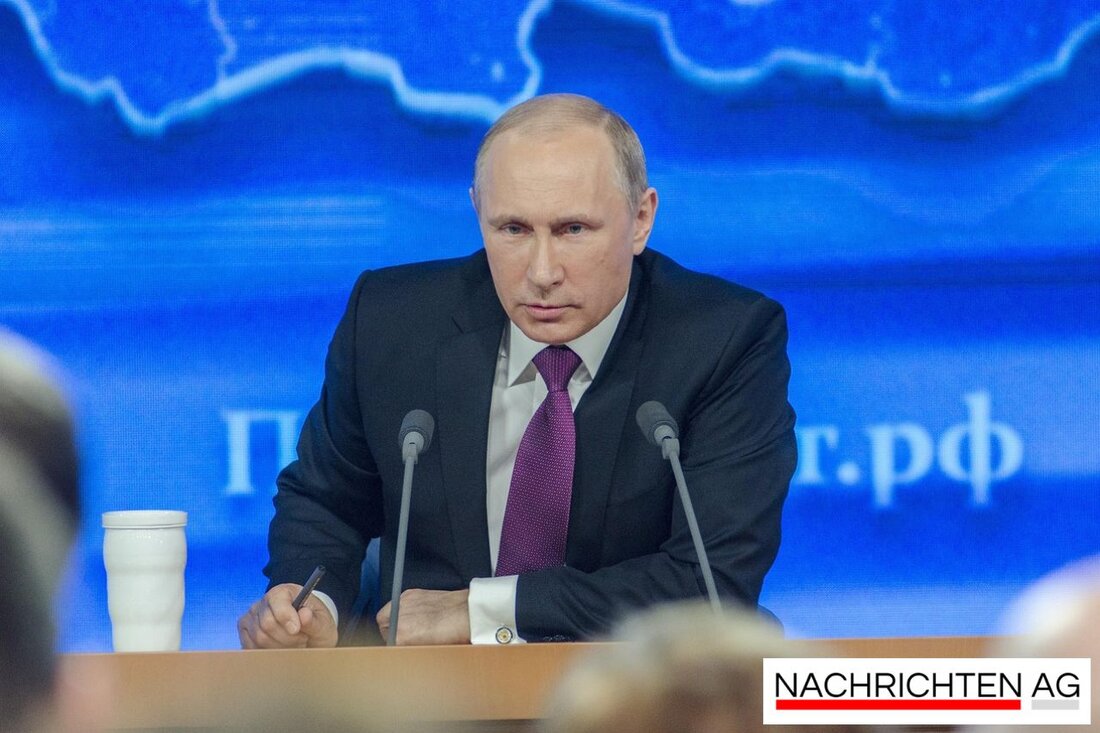Fight against the AfD: Local elections show new alliances in Saxony!
In Meißen, independent candidates prevailed against the AfD in 2023, which illustrates the importance of alliances in local elections.

Fight against the AfD: Local elections show new alliances in Saxony!
The political landscape in Germany will become increasingly complex in 2025, especially at the local level. A striking example of this is the local elections in September 2023, in which independent candidates in Saxony and Saxony-Anhalt achieved remarkable successes against the AfD. Markus Renner won the mayoral election in Meißen with a strong 58.5 percent of the vote against the AfD candidate René Jurisch, who only received 30.4 percent. Renner, who has served as mayor for finance since 2016, was able to draw on a broad alliance of various political groups, including the CDU, SPD and the Left, which underlines the importance of cooperation. This is also explained by Nikolas Dietze, researcher at the Institute for Democratic Culture, who emphasizes how important such alliances are in the run-up to elections in order to prevent the AfD from achieving success. A similar picture can be seen in Bitterfeld-Wolfen, where the party incumbent Armin Schenk ran in a runoff election against the AfD and was victorious thanks to support from civil society.
But the successes of the AfD cannot be overlooked. In other regions, right-wing populist parties achieved stronger results. The AfD became the strongest force in local elections in Brandenburg, Saxony and Saxony-Anhalt, which has become a clear trend in eastern Germany. In Brandenburg, where the AfD won with 25.7 percent and in some districts even up to 40 percent, concerns about social issues such as migration and the Ukraine conflict are clearly noticeable. These challenges have strongly influenced voter behavior. Political scientist Benjamin Höhne explains that personal recognition and reliability are particularly important here, which was also clearly shown in the 2023 local elections.
The AfD’s carefree rhetoric
Another factor that the AfD uses is the presentation as a “career party”. The latest developments show that Arne Raue, who recently joined the AfD, is serving as mayor of Jüterbog. The AfD is striving to position itself more strongly at the local level and is trying to put its ideologies aside in order to find broader acceptance. They rely on populist demands that often play a role in local election campaigns, including negotiations with Putin and border closures. This brings challenges for the culture of political debate. The AfD has increasingly fought for a place in local parliaments and is thus showing influence, even without government responsibility. There are always voices within the democratic parties that are considering collaboration with the right-wing populist formation, which raises the question of the existing firewall.
The situation is tense and it is becoming increasingly difficult to uphold democratic principles, while at the same time verbal and physical attacks on local politicians are unfortunately commonplace. The debate is characterized by targeted provocations and an AfD influence that is proving to be dangerous. This needs to be monitored because the local level is crucial in enabling citizens to connect with the political parties.
A look at the future
As the last elections show, fears and anxieties are growing in society, and the AfD is using this to consolidate its positions. Political actors are called upon to protect democratic values and at the same time strengthen local democrats. Only by maintaining a robust political discussion culture can the effects of the AfD policy be limited.
It will be exciting to see how the political landscape will develop in the coming months, especially with the upcoming state elections.
Overall, it is clear that the challenges at the local level are not only of great importance locally, but also for the entire political culture. The AfD's electorate and the reasons for its support must be taken seriously and addressed constructively in order to ensure a healthy democracy in the future. In this sense, the commitment to democratic principles will continue to be crucial to counteract polarization and strengthen the voice of citizens.

 Suche
Suche
 Mein Konto
Mein Konto